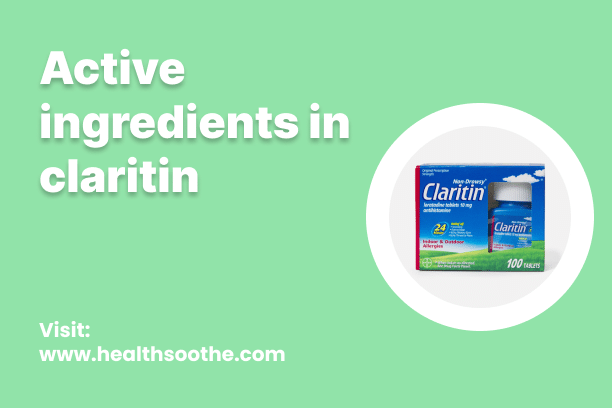üExcluding skin cancer, colorectal cancer is the third most common cancer in the US, with the American Cancer Society estimating that there will be almost 107,000 new cases [mfn]https://www.cancer.org/cancer/colon-rectal-cancer/about/key-statistics.html[/mfn] of this disease in 2023. While there is no surefire way to prevent this type of cancer, there are many risk factors that you can control—including your body weight, level of exercise, and diet. Some supplements also suggest that taking a multivitamin per day containing folic acid can help. In terms of diet, a 2022 study has found that the Keto (or low-carbohydrate) diet can be using to both prevent and treat colorectal cancer.
Findings on Dietary Habits
Thus far, research has indicated that diets that are high in fruits, vegetables and whole grains (like the Mediterranean diet) and low in red meats (beef, lamb, and pork) or processed meats (think luncheon meats and sausages) can promote good colon health. Recent studies have also shown that you people seem to reduce their colorectal cancer health when they eat more whole grains. Additional foods to avoid include alcohol, which should be kept down to no more than one drink a day for women and two drinks a day for men. Completely avoiding alcohol can lower your likelihood of developing this disease. Quitting smoking is also recommended
The ‘Keto’ Molecule May Prevent and Treat Colorectal Cancer
Research undertaken in [mfn]https://www.sciencedaily.com/releases/2022/04/220427115716.htm[/mfn] April 2022 at the University of Pennsylvania School of Medicine has shown that when a low-carbohydrate, Keto style diet is consumed, an alternative-energy molecule is produced by the body. This molecule, called BHB, has been found to stop the growth of colorectal tumors in lab studies. In the study, the scientists found that low-carbohydrate diets were much more efficient than those on low-fat, high-carbohydrate diets. The good news is that the Keto diet is widely popular, with many restaurants serving keto foods and numerous coupons for tasty foods like low-carbohydrate pizza chips, keto bars, keto chocolate, and similar.
Supplementation Can Also Help
In addition to following a low-carbohydrate diet, speak to your doctor about the suitability of taking additional supplements. Studies indicate that taking one multi-vitamin with folic acid or folate can lower your colorectal cancer risk. Similar findings have been made for Vitamin D, which you can obtain for free by spending a few minutes in the sun every day. Aim to enjoy between ten minutes and half an hour of midday sunlight, several times a week. Finally, make sure your calcium intake is adequate. If you are male, however, obtain your doctor’s approval first, since calcium is linked to a possible increased risk of prostate cancer.
If you are looking to shed a few pounds, or you’d simply like to lower your consumption of refined carbohydrates and sugary foods, consider speaking to a medical professional about going on the Keto diet. New research shows that a low-carbohydrate diet may help keep colorectal cancer at bay, while also inhibiting tumor growth. A Mediterranean diet can also be effective, provided you keep your consumption of red meat low (once a month or less).








